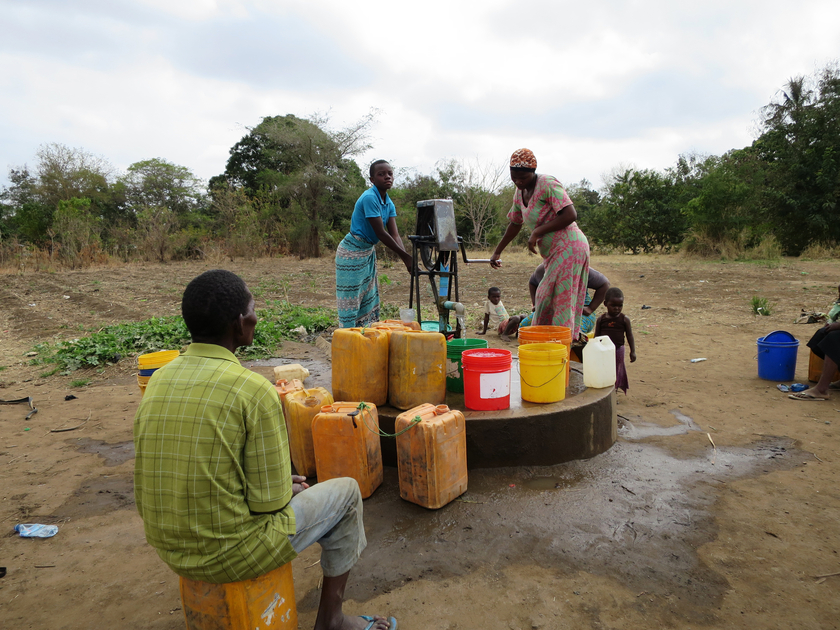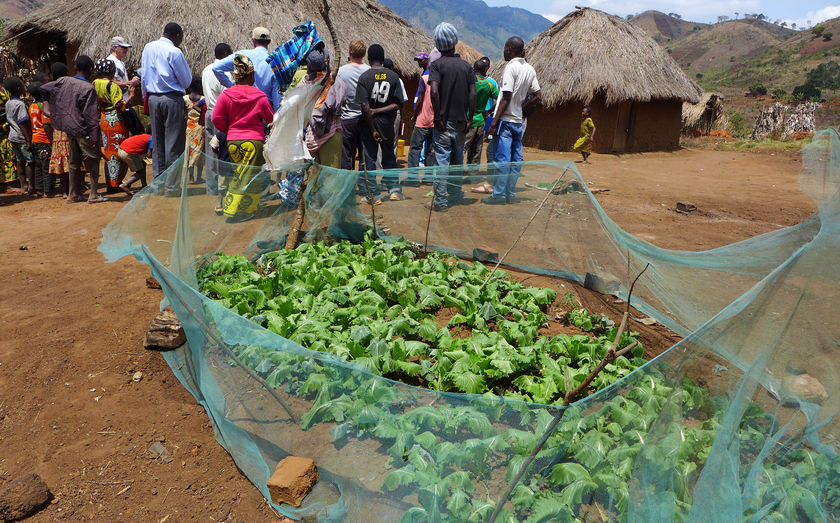Department Sanitation, Water and Solid Waste for Development
Multiple-use Water Services Impact Evaluation

People living in poor rural areas need water for domestic typo3/and productive activitiestypo3/typo3/. Multiple-use water services (MUS) is an integrated water service delivery approach that takes into account households’ range of water needs as the starting point when planning, financing, and managing water supply services for rural communities.
Sandec’s Water Supply and Treatment Group is collaborating with Winrock International to investigate the impact of MUS in two project settings: the West Africa Water Supply, Sanitation and Hygiene Program (WA-WASH) program in Burkina Faso and the integrated Water Sanitation and Hygiene (iWASH) program in Tanzania. WA-WASH provides enhanced wells equipped with rope pumps to local communities, while iWASH implements community piped water schemes. The two programs use a demand-driven approach to planning and installing water supply systems at the household and/or community level. The systems supply water for both domestic (drinking, cooking, washing, bathing, etc.) and productive (e.g., livestock rearing, gardening and food vendingtypo3/ ) purposes.
The purpose of this collaboration is to systematically and rigorously evaluate how MUS impacts the health and well-being of rural households in the program area. Through comparison with control communities located outside of the program area, the study will quantify the changes in typo3/rural households’ lives that result of from their participation in the demand-led MUS program.
In 2015, data were typo3/collected over two-months in each country. Specially typo3/trained local interviewers conducted surveys with more than 2,700 households and assessed drinking water quality from a subset of taps and wells.typo3/typo3/typo3/typo3/
Statistical analysis will focus on key outcomes, including: household income, livelihood diversification, water access in the dry season, women’s empowerment and entrepreneurship, nutrition and food security, and drinking water quality. Factors known to potentially influence households’ ability to invest in upgraded water services and engage in MUS activities will also be assessed.

